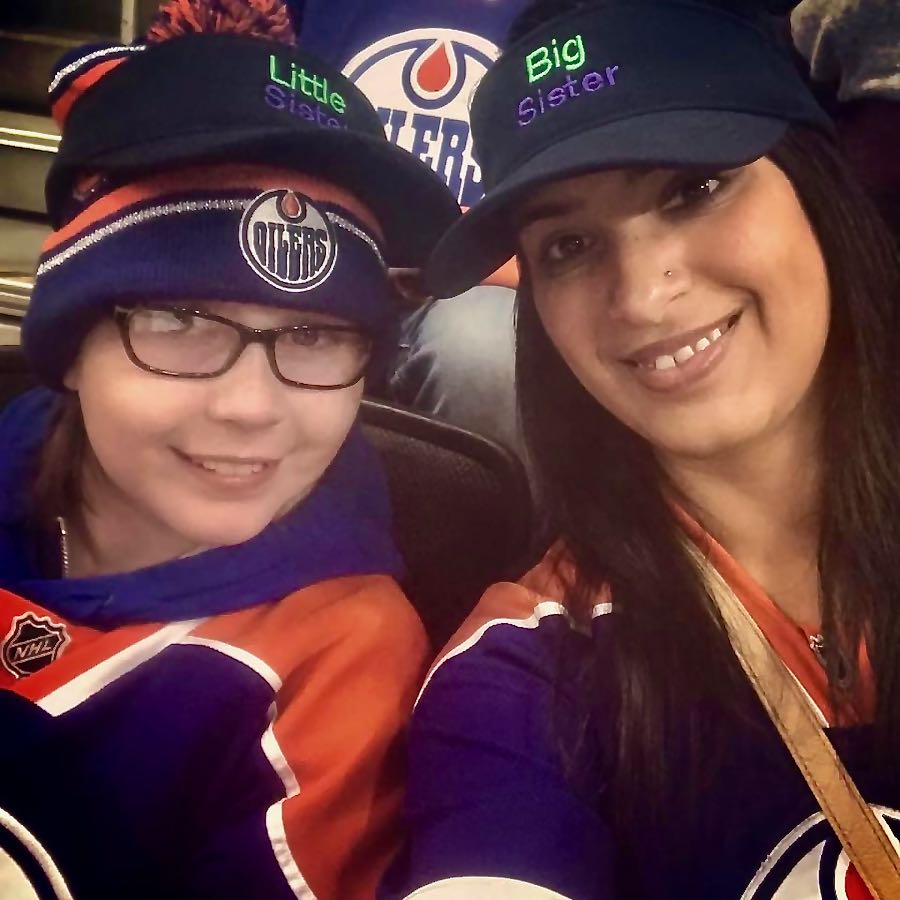Danisha Bhaloo-Shivji was born in Calgary, but at nine years old moved with her mother to Edmonton after her parents separated. She was a shy kid, and a prime target for bullies, which led to “academic and social development challenges.” Then, at 12 years old, her 40-year-old father suddenly passed away, “and things went downhill from there.”
Her mom’s life revolved around Bhaloo-Shivji and her younger sister, but the family struggled to make ends meet. “We’d wake up at 4 a.m. and do a newspaper route for two hours every morning with my eight-year-old sister asleep in the backseat of the car. My mom told me it was to instill the value of hard work in me. But really, we were penny pinching, and every penny counted.”
Mom would then drop the sisters off at school, go to work and pick them up at the end of the day. Dinner was often peanut butter and jelly sandwiches, and then she’d go to her third job. “We were lucky if she’d be home by midnight,” Bhaloo-Shivji says, “but more often than not, she was home at 2 a.m., and our day started over at four. That’s what my life was like before having a big sister.”
Bhaloo-Shivji was matched with a big sister (a “Big,” for short), and the pair maintain a great relationship to this day, 27 years later. Bhaloo-Shivji says it changed her life to have a non-family member who didn’t have to give their time, “but cared about me and wanted to see me succeed in whatever I wanted to do.” Bhaloo-Shivji’s Big helped with her school and social challenges, and to come out of her grieving period for her dad. “Having someone there to listen to me, to take me out to different events, it meant a lot to me. And I think it inspired me to, 25 years later, become a Big Sister myself.”
Bhaloo-Shivji volunteered with various agencies while in university, and ended up working for Big Brothers Big Sisters as a development manager before meeting her first Little. “A couple years into my job, there was a unique circumstance where a young girl was diagnosed with a terminal brain tumor, and one of the things on her bucket list was to have a big sister. The recruitment process and criminal record checks can take a bit of time for volunteers (because we do our due diligence in background checks for the safety of the child), so they put a request out to our staff to see if anybody wanted to be her big sister, and it was the right time for me.”
